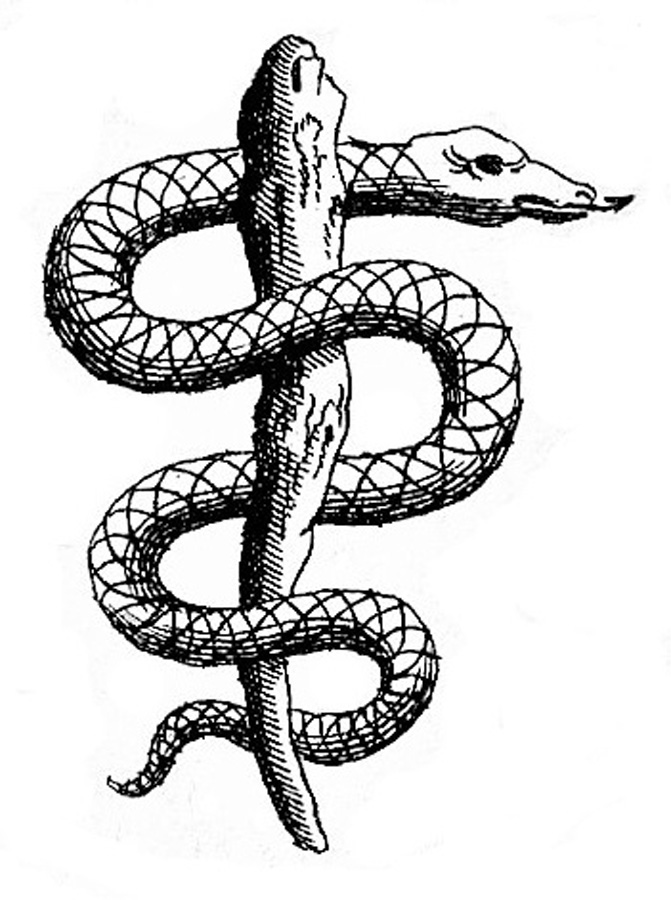first edition cloth binding
1909 · Washington
by Fisher, Irving
Washington: Government Printing Office, 1909. First edition.
COST ANALYSIS OF ESTABLISHING A FEDERAL PUBLIC HEALTH AGENCY IN THEODORE ROOSEVELT'S ADMINISTRATION.
14x23 cm hardcover, red buckram binding, gilt title to spine, original printed paper wraps bound in, i-viii, [2], 138 pp. Residue from removal of bookplate from front paste-down, repaired small hole and tear to lower right corner of cover wrap, light browning to pages. Very good minus.
Cited by Comfort in The Science of Human Perfection 2012: "Under the Committee's auspices, in 1909 Fisher wrote the Report on National Vitality, a 138-page essay that marshaled his skills as an economist. If we appraise a human life "at only $1700," he wrote, "and each year's average earnings for adults at only $700, the economic gain to be obtained from preventing preventable disease, measured in dollars, exceeds one and a haIf billions." A staggering amount to Progressive ears. After delineating with a welter of statistics, estimates of human life expectancy and the causes of mortality, Fisher adumbrated the means by which this prodigious savings could be had. First on the list was "Conservation through heredity." Fisher wrote, "Human vitality depends on two primary conditions, . . . heredity and hygiene…. In other words, vitality is partly inherited and partly acquired. . . The Committee of One Hundred on National Health is a medical organisation. It did not originate with the American Medical Association, but with the American Association for tbe Advancement of Science. It is allied with the American Medical Association only in the same sense that it is allied with labor organizations, farmer organizations, life insurance companies and various other agencies which are working to improve public health."
THE NATIONAL CONSERVATION COMMISSION was a group appointed by President Theodore Roosevelt in 1908 to assess the condition of the United States' natural resources. The commission's work resulted in the first inventory of the country's natural resources. The US Public Health Service would not be established until 1912.
IRVING FISHER (1867 - 1947) was an American economist, inventor, and social campaigner. He was one of the earliest American neoclassical economists, though his later work on debt deflation has been embraced by the Post-Keynesian school. In 1913, when his Committee of One Hundred ceased to function, its remaining funds were donated to the Eugenics Committee of the United States of America. (Inventory #: 1687)
COST ANALYSIS OF ESTABLISHING A FEDERAL PUBLIC HEALTH AGENCY IN THEODORE ROOSEVELT'S ADMINISTRATION.
14x23 cm hardcover, red buckram binding, gilt title to spine, original printed paper wraps bound in, i-viii, [2], 138 pp. Residue from removal of bookplate from front paste-down, repaired small hole and tear to lower right corner of cover wrap, light browning to pages. Very good minus.
Cited by Comfort in The Science of Human Perfection 2012: "Under the Committee's auspices, in 1909 Fisher wrote the Report on National Vitality, a 138-page essay that marshaled his skills as an economist. If we appraise a human life "at only $1700," he wrote, "and each year's average earnings for adults at only $700, the economic gain to be obtained from preventing preventable disease, measured in dollars, exceeds one and a haIf billions." A staggering amount to Progressive ears. After delineating with a welter of statistics, estimates of human life expectancy and the causes of mortality, Fisher adumbrated the means by which this prodigious savings could be had. First on the list was "Conservation through heredity." Fisher wrote, "Human vitality depends on two primary conditions, . . . heredity and hygiene…. In other words, vitality is partly inherited and partly acquired. . . The Committee of One Hundred on National Health is a medical organisation. It did not originate with the American Medical Association, but with the American Association for tbe Advancement of Science. It is allied with the American Medical Association only in the same sense that it is allied with labor organizations, farmer organizations, life insurance companies and various other agencies which are working to improve public health."
THE NATIONAL CONSERVATION COMMISSION was a group appointed by President Theodore Roosevelt in 1908 to assess the condition of the United States' natural resources. The commission's work resulted in the first inventory of the country's natural resources. The US Public Health Service would not be established until 1912.
IRVING FISHER (1867 - 1947) was an American economist, inventor, and social campaigner. He was one of the earliest American neoclassical economists, though his later work on debt deflation has been embraced by the Post-Keynesian school. In 1913, when his Committee of One Hundred ceased to function, its remaining funds were donated to the Eugenics Committee of the United States of America. (Inventory #: 1687)





![100+ ANATOMIC ENGRAVINGS. Thomae Bartholini anatome ex omnium veterum recentiorumque observationibus : imprimis institutionibus b. m. parentis Caspari Bartholini, ad circulationem Harvejanam, et vasa lymphatica quartum renovate, cum iconibus novis & inducibus [The anatomy of Thomas Bartholin comprising all the early and current observations: including the work of the father Caspar Bartholin, the circulation of Harvey, and the fourth revision of the lymphatic vessels, with new illustrations and descriptions]](https://d3525k1ryd2155.cloudfront.net/h/290/807/1666807290.0.m.jpg)